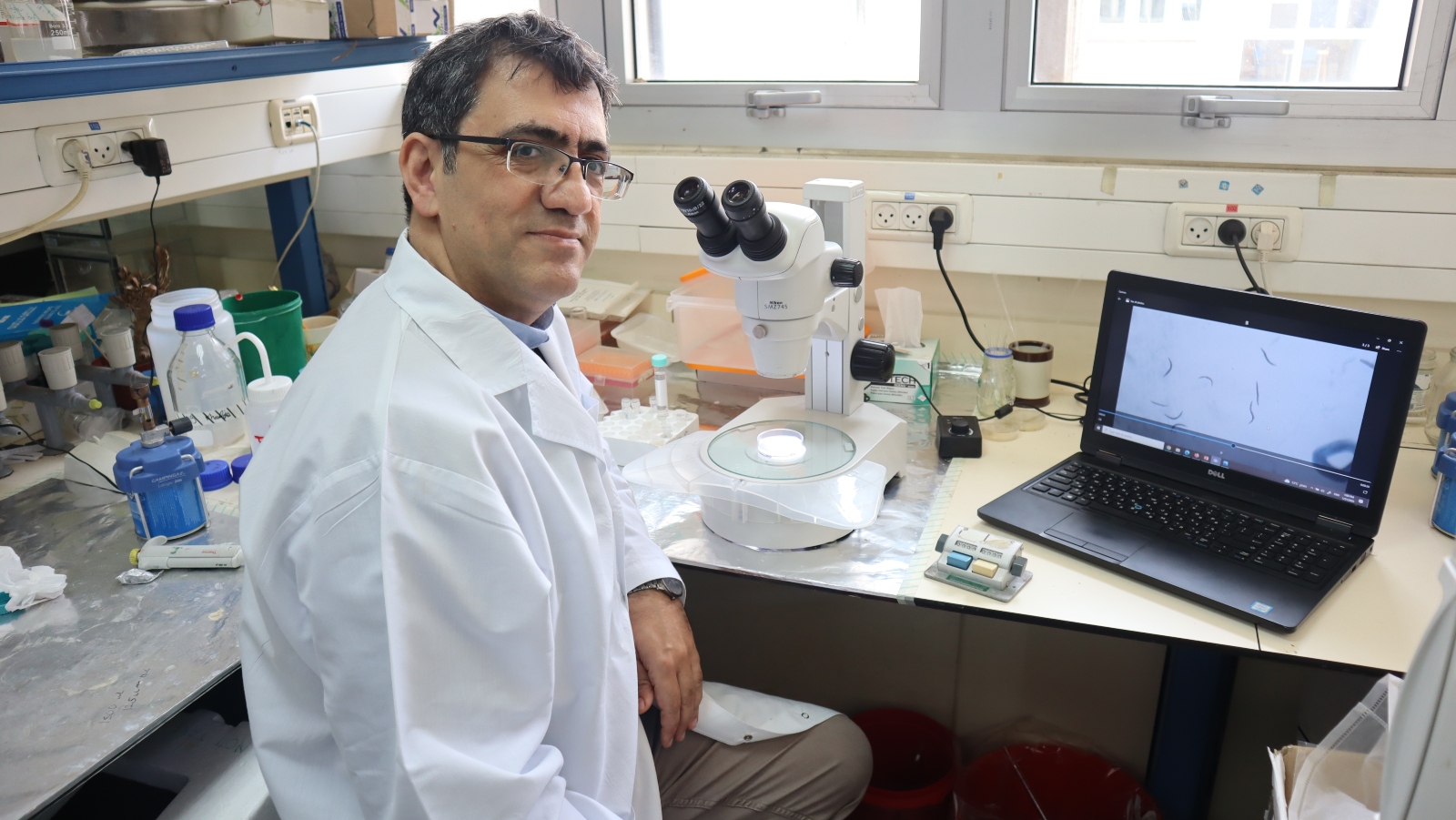ISRAEL21c is the first news publication to report on a new and highly promising approach to the early-stage diagnosis and treatment of Alzheimer’s disease being developed by Prof. Shai Rahimipour in the chemistry department at Bar-Ilan University.
This progressive, incurable form of dementia is a public health crisis affecting more than 55 million people worldwide as of 2020 and is expected to reach 78 million in 2030.
Ideally, diagnosing and treating Alzheimer’s in its earliest stages could prevent onset or at least progression. But we’re not there yet.
Most cases are only diagnosed once brain cells responsible for memory and cognition are already damaged beyond repair. Drugs that help manage Alzheimer’s symptoms cannot cure or slow it. Even the newest FDA-approved drugs are turning into a controversial disappointment.
Rahimipour took a different route.
He used theranostics – combining diagnostic biomarkers with targeted therapeutic agents — to identify and treat the earliest, pre-symptomatic signs of Alzheimer’s disease and stop progression before there’s irreversible brain cell damage.
“In these animal models we have, in effect, halted the disease in its early stages.”
Rahimipour and colleagues from Bar-Ilan and Canada’s Université de Sherbrooke and Université de Montréal shared results of their study in the journal PNAS (Proceedings of the National Academy of Sciences). The paper has been downloaded 2,537 times since its publication in November.
New approach
For decades, scientists assumed that deposits of a small protein, amyloid beta, are responsible for the neuron damage in Alzheimer’s disease.
Many clinical trials and billions of dollars went into developing molecules and antibodies targeting these deposits, which aggregate into structures known as fibrils and plaques.
But now researchers know that smaller, earlier structures called oligomers are the true culprits. However, getting past the blood-brain barrier to treat them is difficult.

Rahimipour and his team met this challenge by developing small peptide molecules that get through the barrier. When these molecules were put in a test tube with amyloid beta, no oligomers formed.
In tests on worm and mice models of early Alzheimer’s disease, the molecules proved effective in detecting early oligomers before symptoms appeared, and mitigated deficits in behavior, cognition, memory and learning.
“In these animal models we have, in effect, halted the disease in its early stages, even before oligomers are formed,” said Rahimipour.
“One great advantage of our synthetic molecules, in contrast to natural antibodies, is that they are not immunogenic, and they remain in the body much longer, so fewer injections or applications are likely needed,” he added.
Furthermore, he said, “Our meticulous regime of experiments has shown no sign of toxicity and that, unlike antibodies, the molecules cross the blood-brain barrier very well.”
Rahimipour is now working to develop these molecules into an experimental drug.

















